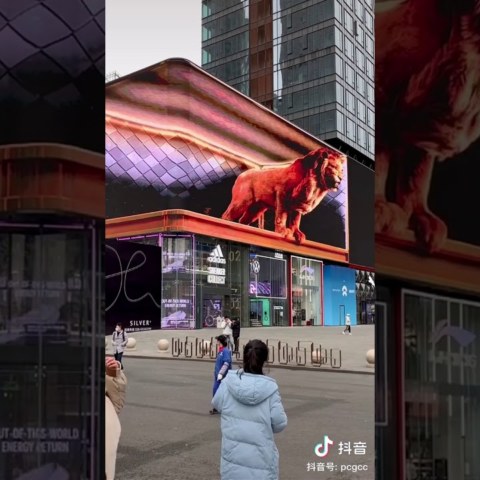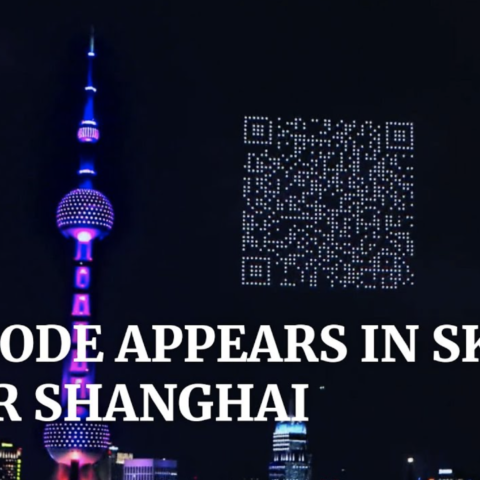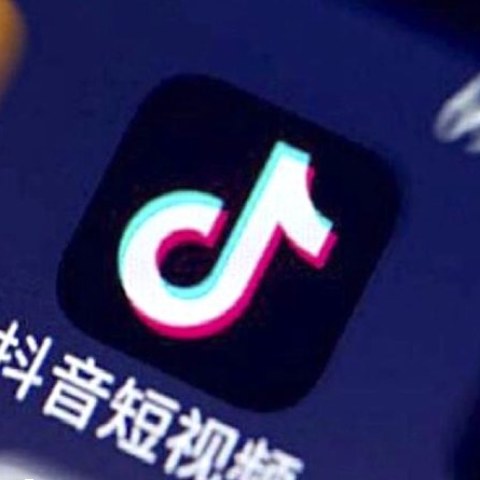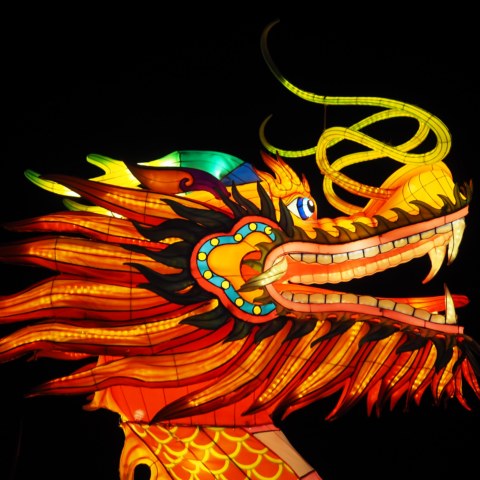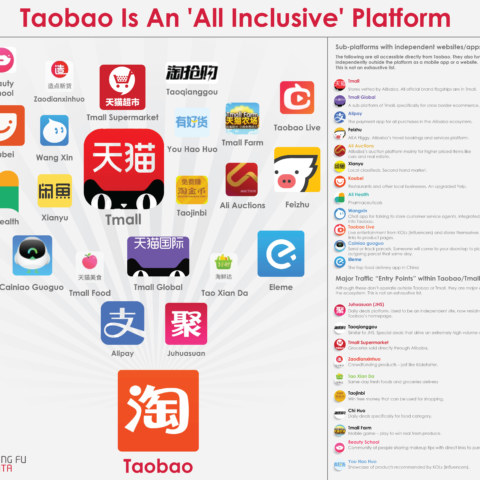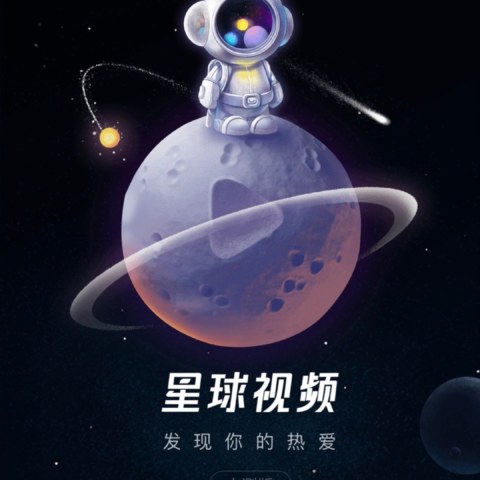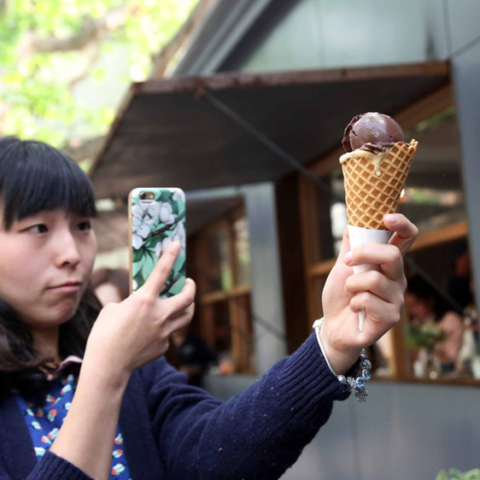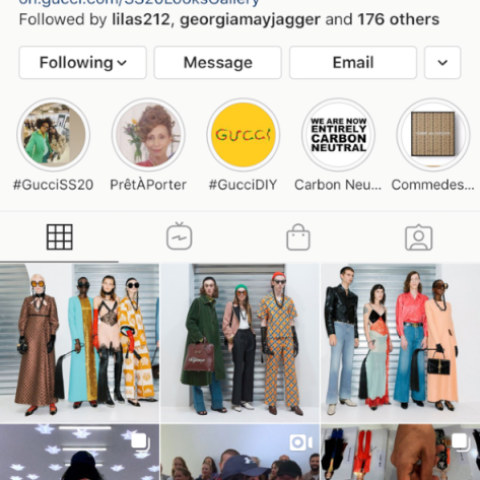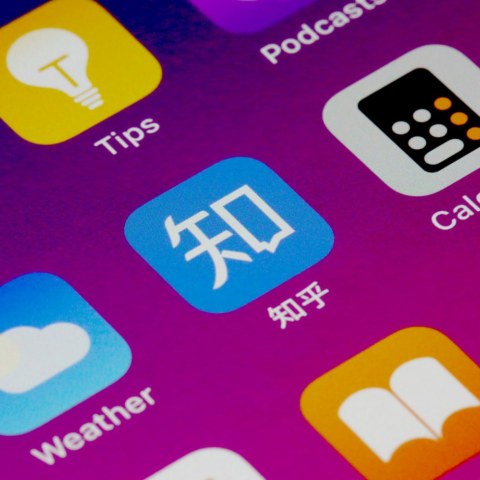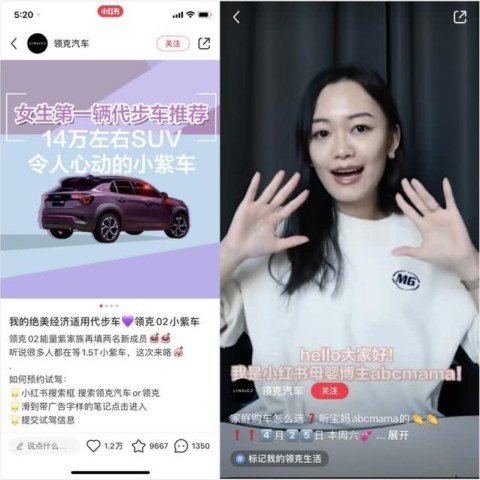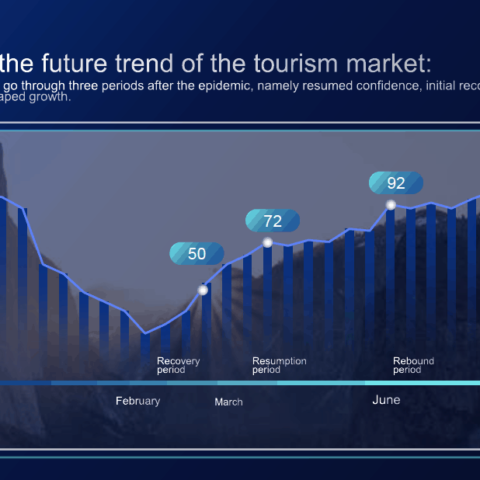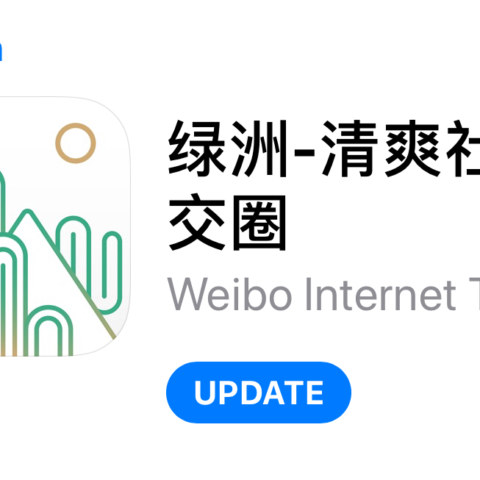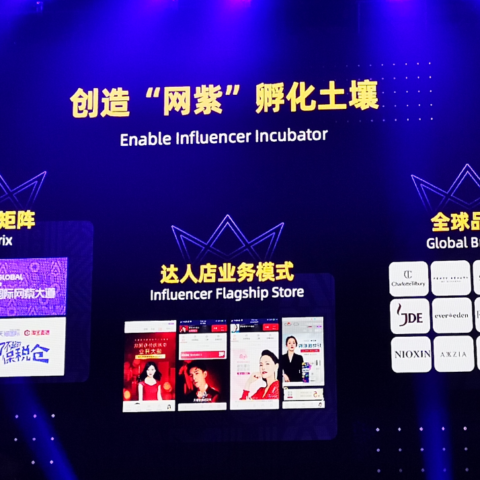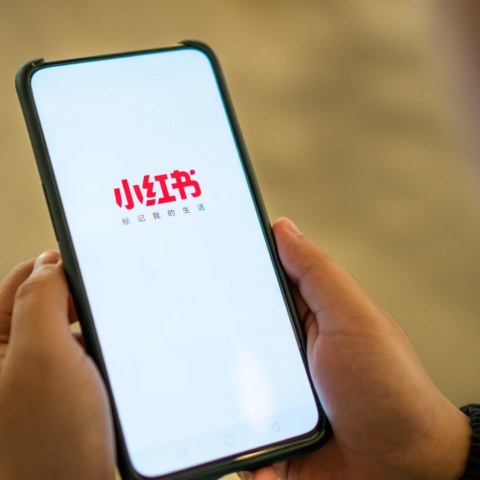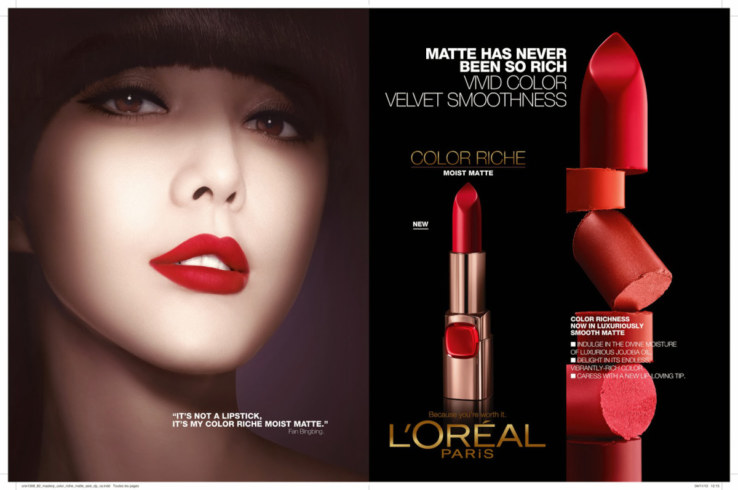L’Oreal and WeChat – the revolution of the video content
WeChat released a new update earlier this month that allows for more sophisticated advertising.
L’Oreal Paris and Taobao, immediately jumped on the opportunity, launching new styles of ads that look to tap in WeChat’s 570 million strong user base.
Starring Fan Bingbing, a famous movie star and long-time L’Oreal spokesperson, the WeChat ad runs for only a few seconds and asks the audience: “What does she use for her skin?” None of this would be earth-shattering, save for the way in which L’Oreal is delivering the commercial.
L’Oreal is breaking new ground by including video content.
Knowing that not all WeChat users or Chinese internet surfers will see the ad in their WeChat feeds, L’Oreal decided to launch the ad on another platform simultaneously–Baidu.
Now when a Baidu user types in Fan Bingbing or Revitalift, the product the ad is promoting, animated graphics will start playing as the first result and a few short seconds later a link will appear offering the viewer a coupon for L’Oreal products.
While L’Oreal is going cutting-edge with video and search engine pop-ups, Alibaba’s Taobao is going old-school.
[youtube width=»625″ height=»544″]https://www.youtube.com/watch?v=Q4zsUCiE11s[/youtube]Did Taobao Just Launch A Newspaper?
Scrolling through your WeChat feed, you might be surprised to see a newspaper pop up called the Niubility Mail. (Niu is slang in Chinese for ‘awesome’.)
A week after Alibaba Group, Taobao’s parent company, shocked everyone with its $266 million purchase of the Hong Kong English-language daily, the South China Morning Post.
the Niubility Times is all about branding and advertising
The Niubility Mail is actually a product of Taobao and Jinri Toutiao, or Today’s Headlines. Toutiao is a popular news site similar to Gawker and Buzzfeed in its use of sophisticated algorithms to understand its readers’ tastes and preferences.
The ‘newspaper’ looks like any other news site and includes a drop down menu with links to sections on topics that range from finances to the weather. However, the key difference is all of the content is actually native advertising for Taobao and products available on the site.
WeChat is changing the Chinese social media landscape.
Leave a Comment




